No products in the cart.
Sale
Nonapeptide-1 acetate | CAS 158563-45-2 | Melanin-Inhibiting Peptide for Skin Brightening and Pigmentation Research
Original price was: $26.00.$22.00Current price is: $22.00.
Nonapeptide-1 acetate (Melanostatine-5) is a synthetic cosmetic peptide that selectively inhibits α-MSH-induced melanogenesis. It is widely used in research for skin brightening, melanin inhibition, and pigmentation modulation, making it a core molecule in dermatological peptide studies.
Description
Product Description
Nonapeptide-1 acetate, also known as Melanostatine-5 acetate salt, is a synthetic peptide hormone designed for modulating melanogenesis and regulating skin pigmentation. It acts as a highly selective antagonist of the melanocortin-1 receptor (MC1R), effectively inhibiting α-MSH-mediated signaling in melanocytes. This inhibition results in decreased intracellular cAMP levels, reduced melanosome dispersion, and a significant suppression of melanin synthesis, making it a prominent tool in skin brightening and anti-pigmentation research.
In dermatological research, Nonapeptide-1 acetate is recognized for its potent melanin inhibition activity. By competing with α-MSH, it modulates the enzymatic machinery involved in melanin production, ultimately reducing hyperpigmentation, age spots, and uneven skin tone in in vitro and ex vivo models. This selective antagonism enables researchers to explore the molecular mechanisms of melanogenesis and evaluate the efficacy of new cosmetic formulations for skin lightening.
The peptide’s molecular composition, consisting of nine amino acids (nonapeptide), allows for efficient dermal penetration and stability, making it compatible with topical cosmetic studies. Its small size ensures high bioavailability in skin tissue, which is critical for evaluating pigmentation modulation, melanocyte activity, and related enzymatic pathways. Researchers often pair Nonapeptide-1 acetate with other antioxidant peptides, vitamins, and skin-regenerative compounds to investigate synergistic effects on skin lightening and anti-aging mechanisms.
Nonapeptide-1 acetate also demonstrates excellent safety and skin tolerance, with minimal cytotoxicity observed in melanocyte cultures. Its targeted mechanism ensures that cellular metabolism in non-pigmented cells remains largely unaffected, highlighting its specificity for pigmentation pathways. Furthermore, the peptide has been utilized to study steroid production regulation in the adrenal gland and in models of skin cancer, emphasizing its broader biochemical relevance beyond cosmetic applications.
As a research tool, Nonapeptide-1 acetate enables the investigation of intracellular signaling cascades, transcription factor modulation, and melanosomal dynamics. It has proven essential for understanding melanocyte biology, pigmentation disorders, and the development of skin brightening interventions. Its efficacy, stability, and targeted action make it a cornerstone peptide in cosmetic science, pharmacology, and dermatological studies.
Overall, Nonapeptide-1 acetate is a highly specific, well-tolerated, and potent peptide for cosmetic peptide research, skin brightening, and melanin inhibition. Its versatility in experimental design allows for exploration of pigmentation control, synergy with other bioactive molecules, and evaluation of anti-aging effects on skin cellular and tissue-level processes.

Product Specifications
| Property | Specification |
|---|---|
| Product Name | Nonapeptide-1 acetate |
| CAS Number | 158563-45-2 |
| Synonyms | Melanostatine-5 acetate salt |
| Molecular Formula | C55H77N17O17·CH3COOH |
| Molecular Weight | 1189.34 g/mol |
| Purity | ≥99% |
| Appearance | White to off-white lyophilized powder |
| Solubility | Soluble in water |
| Category | Cosmetic Peptides; Pigmentation Modulators |
| Applications | Skin brightening, melanin inhibition, pigmentation control, cosmetic peptide research |
| Research Area | Dermatology, Cosmetic Science, Anti-Pigmentation, Skin Whitening Studies |
| Storage | Store at -20°C, protected from light and moisture |
| Intended Use | For laboratory research use only |
Mechanism of Action
Nonapeptide-1 acetate functions primarily as a competitive antagonist of α-MSH at the melanocortin-1 receptor (MC1R). By binding to MC1R, it inhibits the activation of adenylate cyclase, reducing intracellular cAMP levels and preventing downstream melanosome transport and melanin production in melanocytes.
Key mechanistic effects include:
Melanin Synthesis Inhibition:
Nonapeptide-1 acetate suppresses tyrosinase activity and related melanogenic enzymes, leading to decreased melanin formation and reduced pigmentation.Melanosome Dispersion Modulation:
The peptide inhibits α-MSH-induced melanosome dispersion, ensuring that pigment granules remain localized and visible skin tone is lightened.Pigmentation Control & Dermatological Regulation:
Through selective MC1R antagonism, it serves as a model compound to study pigmentation pathways, melanin-related signaling, and skin-lightening interventions.Synergistic Potential:
When combined with other antioxidants, peptides, or skin-repair molecules, Nonapeptide-1 acetate enhances cellular protection, supports dermal regeneration, and contributes to anti-aging mechanisms.
Side Effects
Nonapeptide-1 acetate is generally well-tolerated in in vitro and ex vivo studies. Its high specificity for MC1R ensures minimal off-target effects. Standard laboratory handling is recommended:
Avoid prolonged exposure to light and moisture.
Use protective equipment when handling powders and solutions.
Not intended for human or veterinary use.
Keywords
Nonapeptide-1 acetate, Melanostatine-5, melanin inhibition, pigmentation control, skin brightening, cosmetic peptides, anti-aging research, α-MSH antagonist, dermatological peptide, skin whitening research
Shipping Guarantee
All shipments are handled using validated cold-chain logistics to preserve peptide integrity. Each package is sealed in moisture-proof containers with secondary protective wrapping and continuous temperature monitoring. Products are shipped via express international couriers with full tracking and insurance coverage.
Trade Assurance
We ensure product authenticity, verified ≥99% purity, and compliance with analytical standards (HPLC, MS, and NMR). Each batch is supplied with a Certificate of Analysis (CoA). Our trade assurance policy guarantees replacement or refund for any deviation from listed specifications.
Payment Support
We provide flexible and secure global payment options to support international research transactions. Accepted payment methods include PayPal, major credit cards (Visa, MasterCard, American Express), telegraphic transfer (T/T), and cryptocurrencies (USDT, Bitcoin, Ethereum). All transactions are protected by industry-standard encryption and verified payment gateways to ensure confidentiality and fund security.
Disclaimer
All products listed are intended for laboratory research use only and not for human or veterinary use. They are not drugs, medical devices, or diagnostics and should not be administered to humans or animals. Researchers must handle all materials in accordance with institutional biosafety and chemical safety guidelines. The information provided is for scientific reference only and does not imply therapeutic efficacy, safety, or regulatory approval.
Additional information
| Weight | 1.2 kg |
|---|---|
| Dimensions | 53 × 46 × 53 cm |
What is Nonapeptide-1 acetate?
A synthetic peptide (Melanostatine-5) that selectively inhibits melanogenesis for skin brightening research.
How does it inhibit melanin production?
By acting as a competitive antagonist of α-MSH at MC1R, reducing intracellular cAMP and melanogenic enzyme activity.
What research applications are relevant?
Skin brightening, pigmentation modulation, anti-pigmentation cosmetic studies, and dermatological research.
Is it safe for lab use?
Yes, it demonstrates high specificity and excellent skin tolerance in in vitro studies.
Can it be combined with other cosmetic peptides?
Yes, synergistic effects are observed when paired with antioxidants or other anti-aging peptides.
What storage conditions are required?
Store at -20°C, protected from light and moisture.
What purity level is guaranteed?
≥99% verified by HPLC and MS analysis.
Does it have effects beyond skin brightening?
Studies suggest potential modulation of steroid production in adrenal models and relevance to skin cancer research.
What molecular weight does it have?
1189.34 g/mol for the acetate salt.
Is it suitable for human application?
No, it is strictly for laboratory research use only.

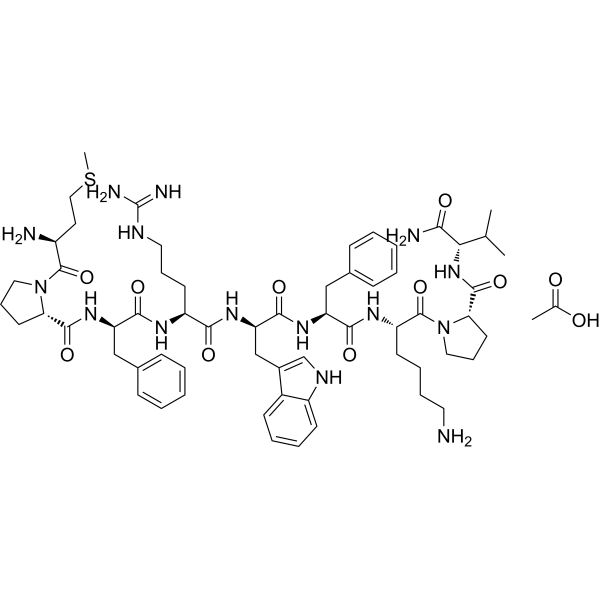
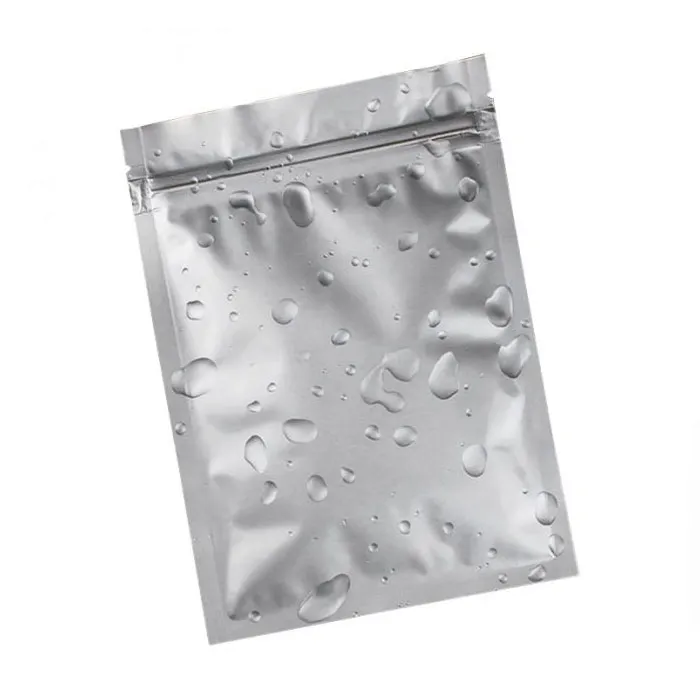
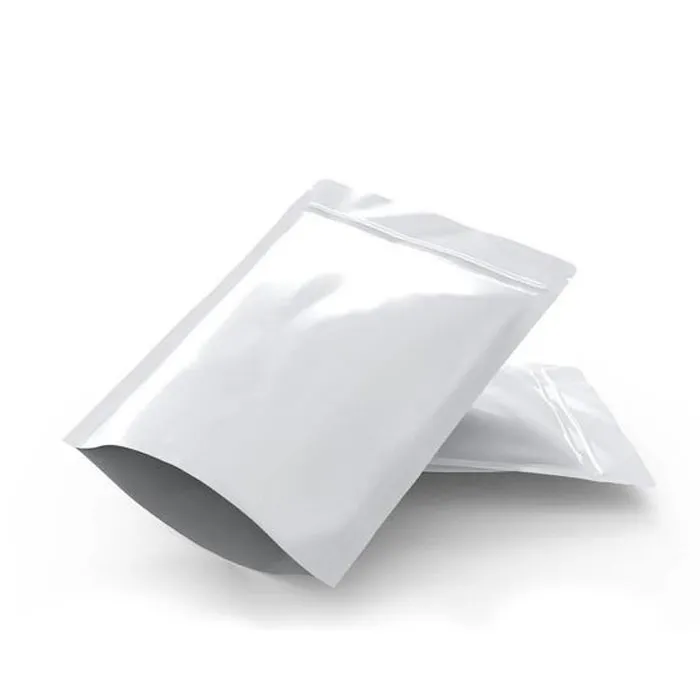
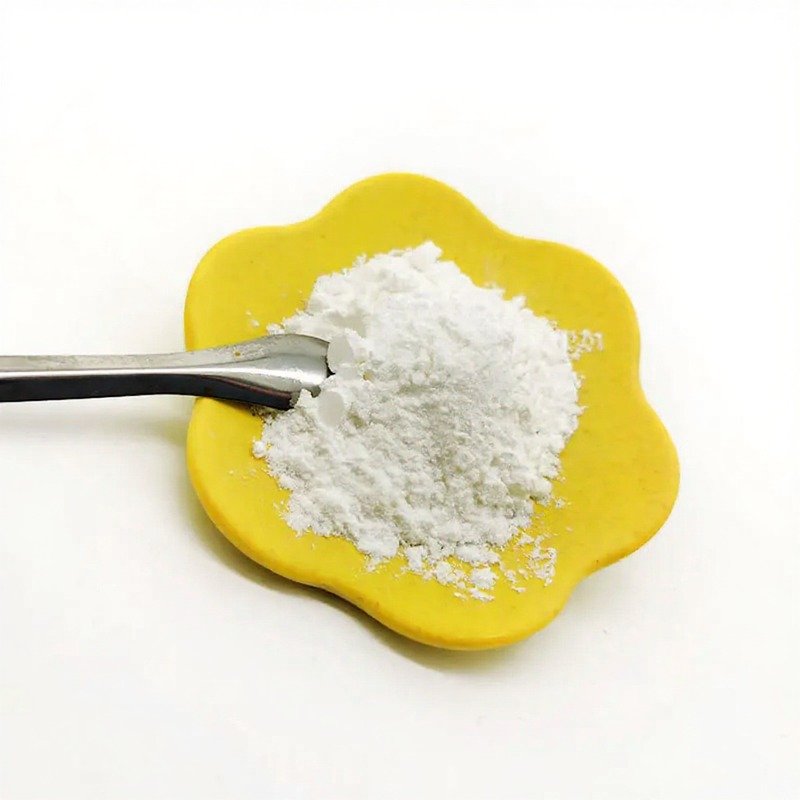
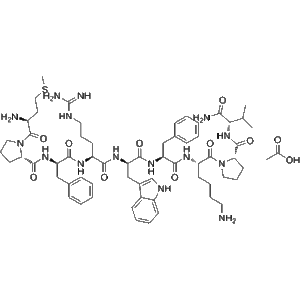

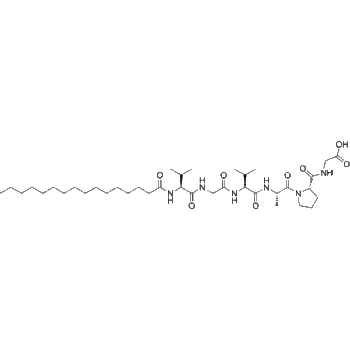
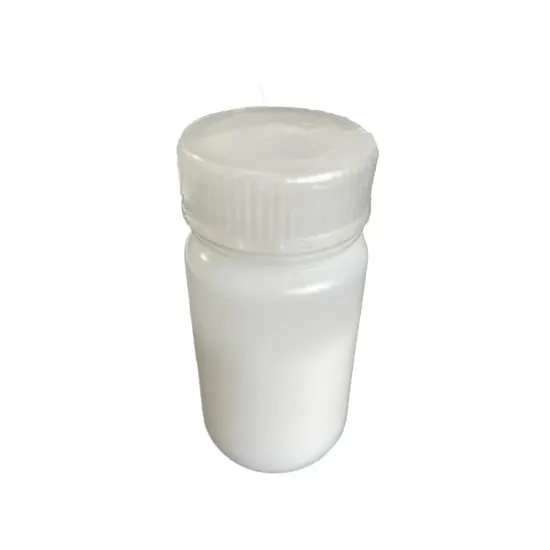
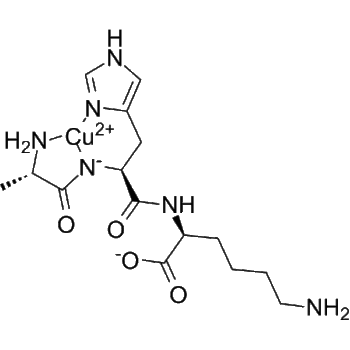
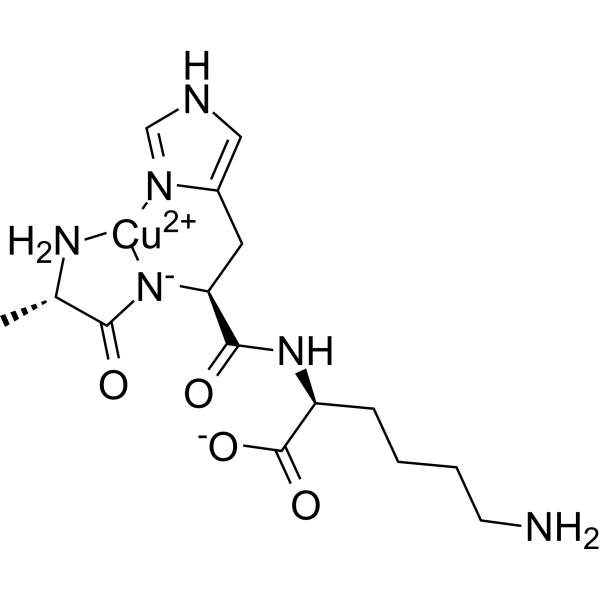
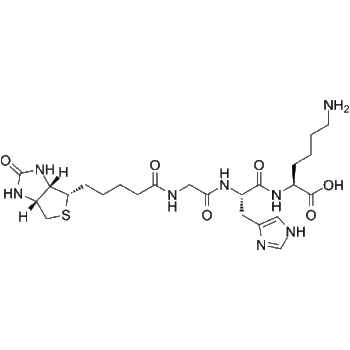

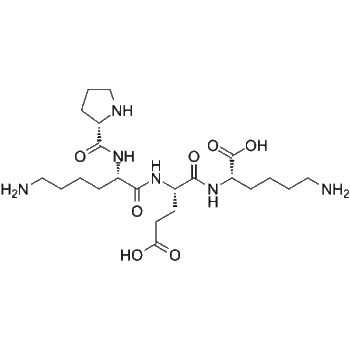
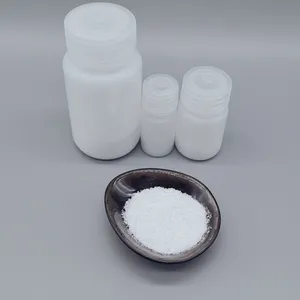
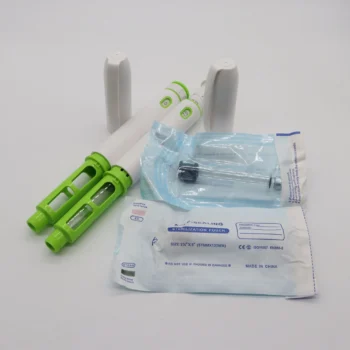
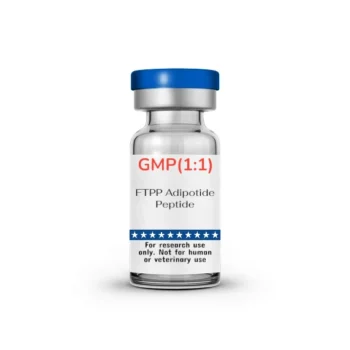
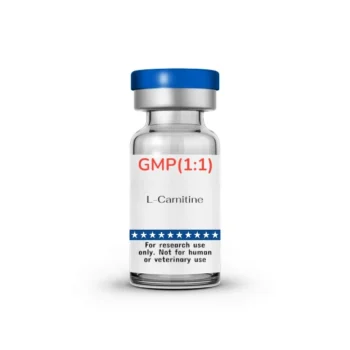
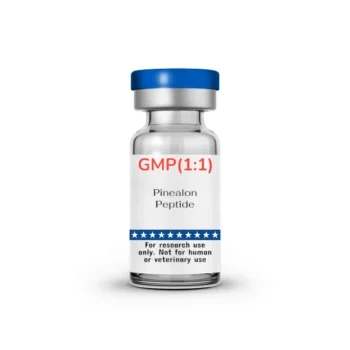
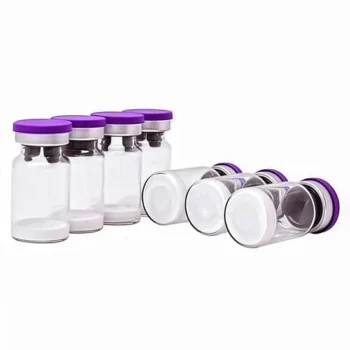
Reviews
There are no reviews yet.